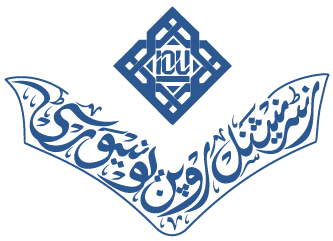Course Overview:
In Islam, wealth, power, and abilities are blessings granted by Allah. As stewards of these blessings, we are instructed to manage and distribute them according to divine guidance. One of the most critical aspects of this responsibility is ensuring the fair and just distribution of wealth after death, in accordance with the laws of inheritance prescribed in the Qur'an and Sunnah.
This course explores the foundational principles of Islamic Inheritance law (Ilm e Miraath), equipping students with the knowledge to understand and apply these rules in real-life scenarios. Students will learn who qualifies as a legal heir, the categories of heirs, and the specific shares assigned to each based on their relationship to the deceased.
Course Objectives:
Understand the just and equitable principles of Islamic inheritance.
Identify different types of heirs, including Ashab al-Fara’id (fixed sharers), ‘Asabah (residuary heirs), and Dhawi al-Arham (distant kindred).
Accurately calculate and allocate shares of inheritance among heirs according to the Qur'an and Sunnah.
Learning Outcomes:
By the end of this course, students will be able to:
Solve common inheritance-related issues using authentic Islamic sources.
Apply Qur'anic injunctions and prophetic guidance to determine the rightful shares of heirs.
Assist families and communities in upholding justice in matters of inheritance.
